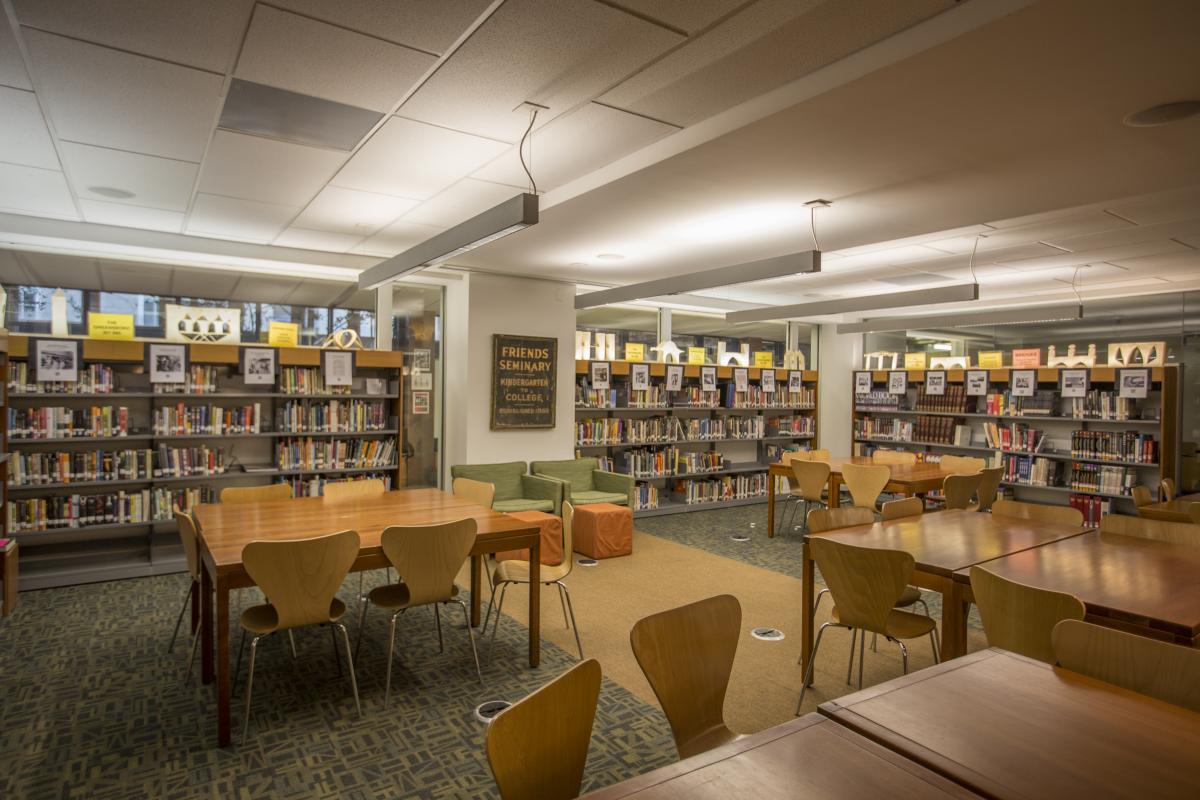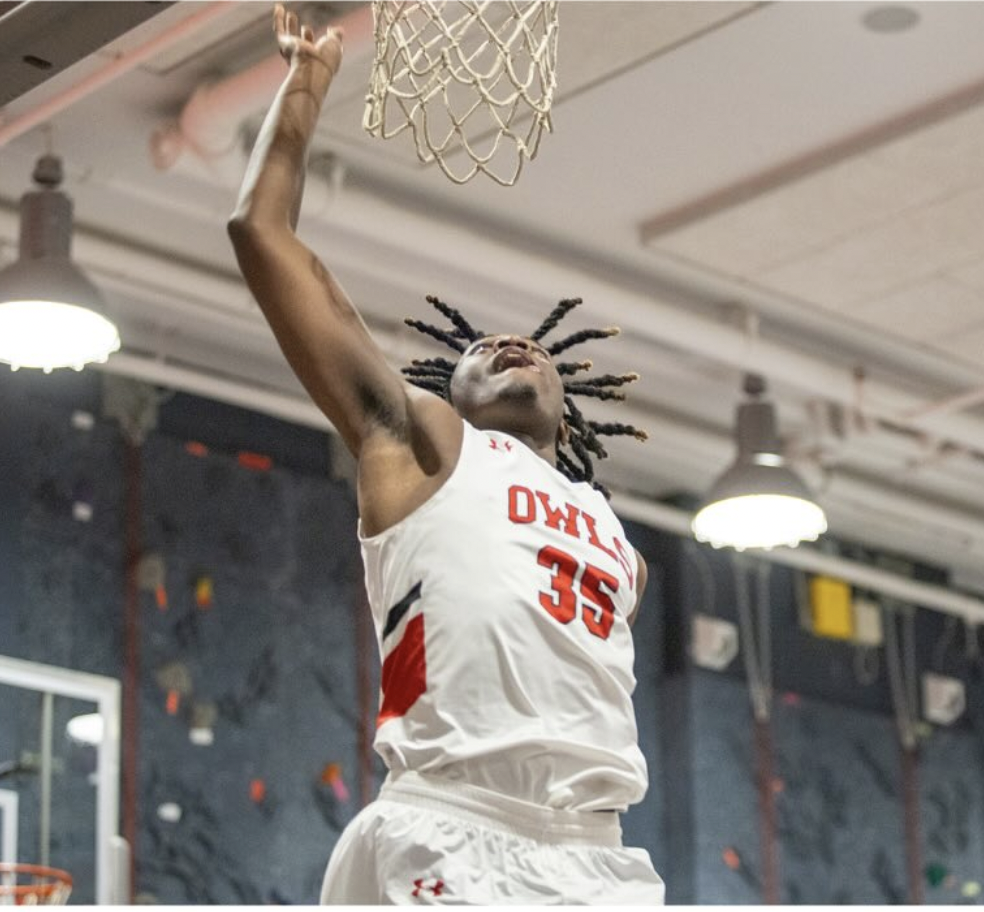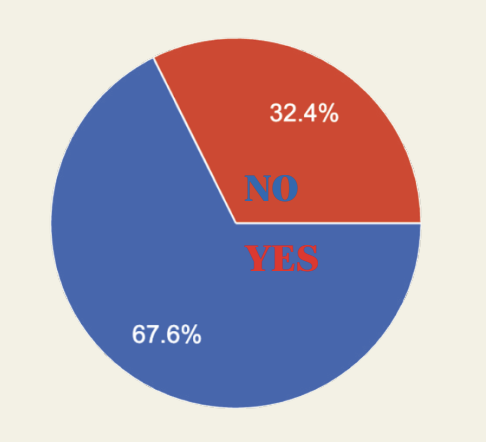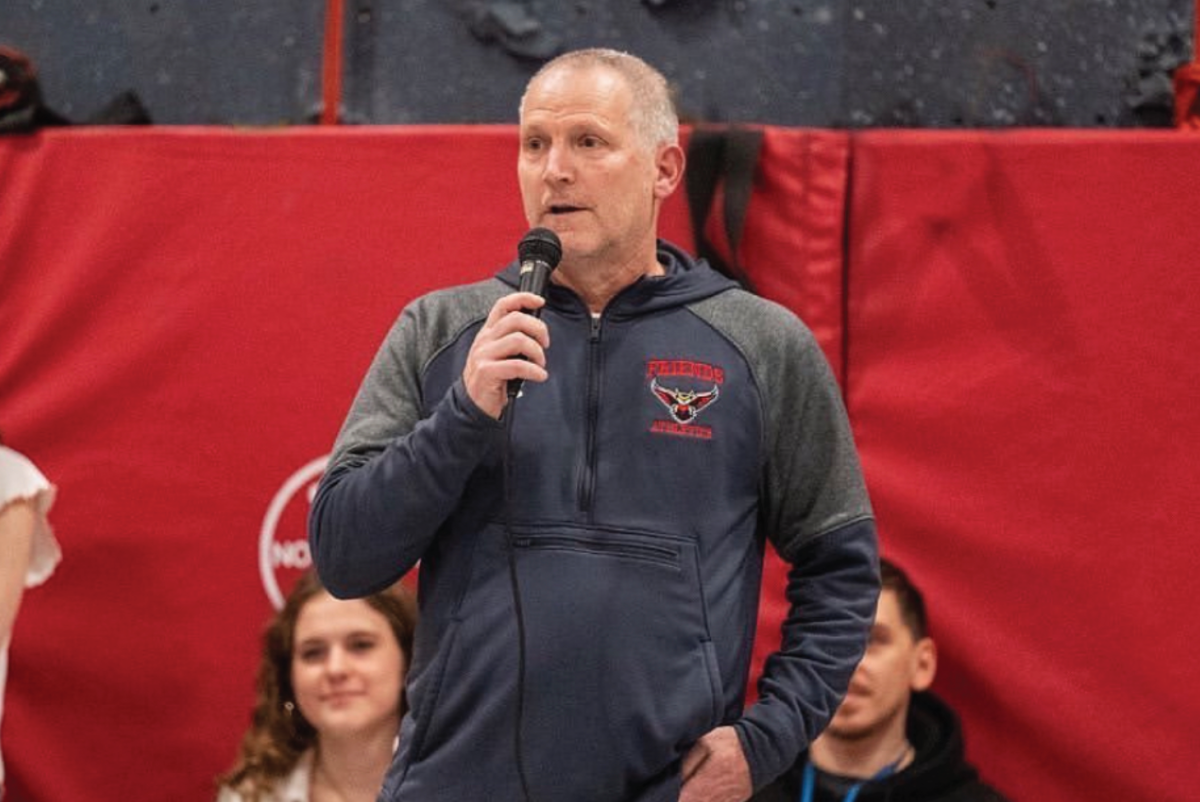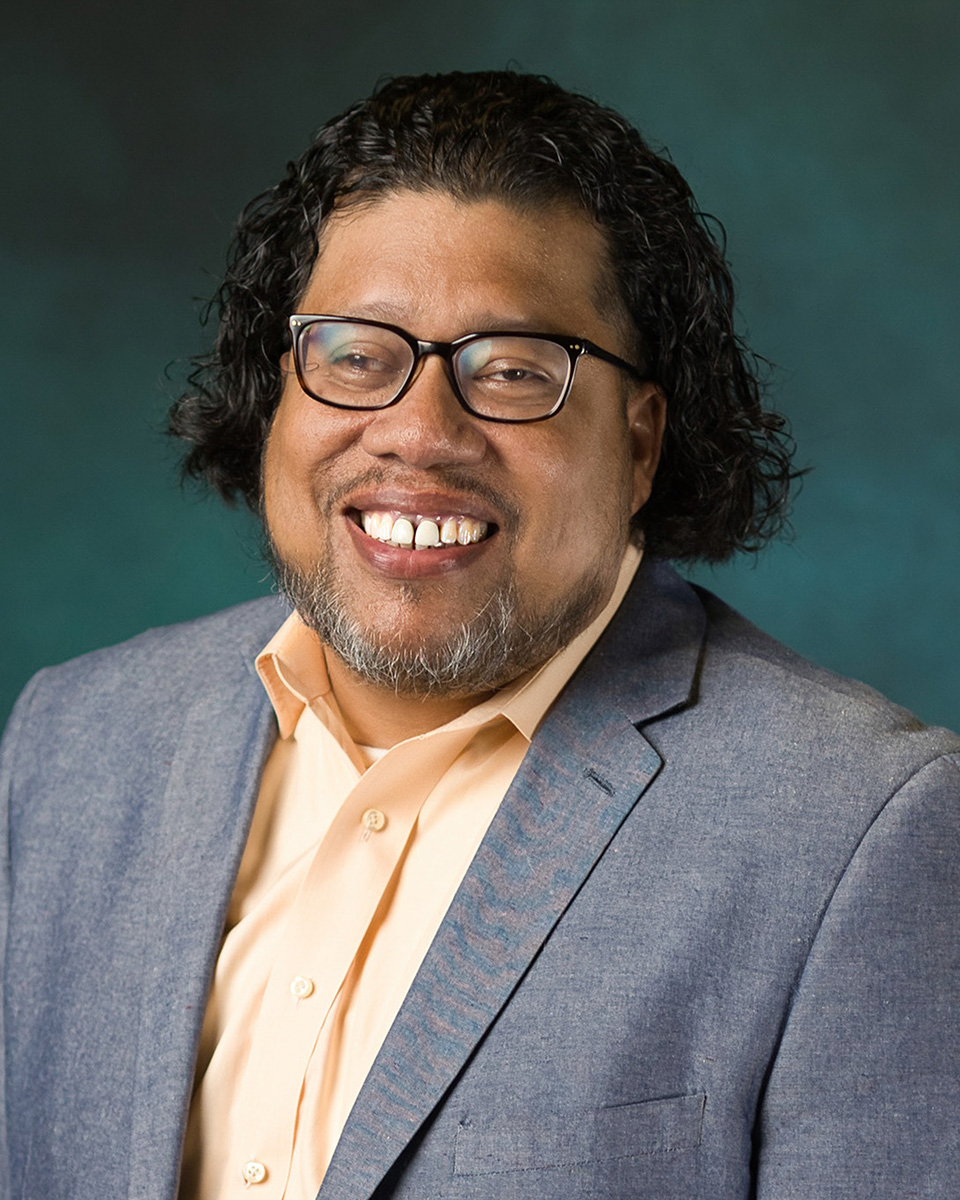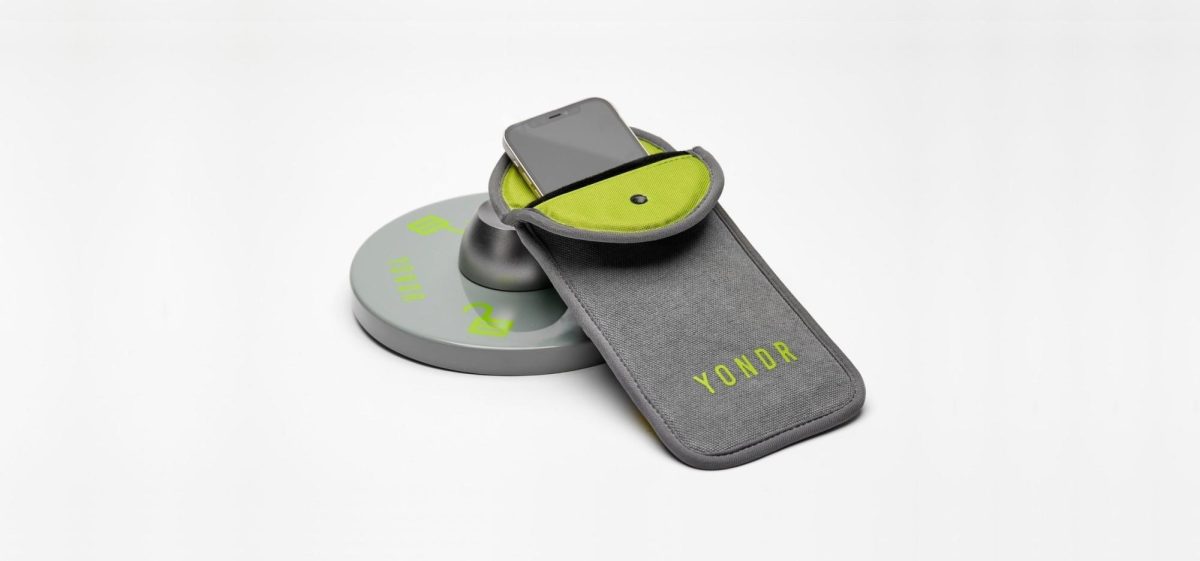This year Friends has become one of hundreds of schools across 41 states implementing a new phone-free tool: the Yondr pouch. The pouch is a big change from last year when high school students were allowed to use phones on campus during free periods, lunch, and collab. Now, phones will be locked up in Yondr pouches when students are on campus during school hours.
The pouches are designed by Yondr, a startup company from California founded in 2014 by entrepreneur Graham Dugoni. Their pouch is now used by thousands of schools in 21 countries. Since May 2022, school districts have spent over $2 million on the pouches according to Govspend, a database of government purchases. At the Annual School Superintendent Conference (AASA) held in San Diego, Dugoni said that not having their
phones “allows [kids] to see: is their anxiety or are their social issues tied to the phone and their distractions? […] These are kids that have grown up in a world where they don’t know the difference of not walking through the world without a cellphone.”
Reactions from Friends students are mixed. Teddy Penn ‘28 says he enjoys having a phone-free school. “[Having no phones] limits the distractions during collab or lunch. It’s nice because there’s more face-to-face interaction with people you don’t really talk
to.” Others agree. Rafael Goldman-Kunin ‘25 thinks that the policies aren’t harsh enough, saying that “Their main point is to make sure we’re more socially active and we interact
on a greater level daily. And then, of course, we’re still allowed access to computers and allowed access to every other type of digital device imaginable. And we just sink into those during frees and in the hallways and at whatever time we find convenient.”
The majority of the student body, however, seems indifferent to the changes. “I don’t love it, but it’s fine,” says Dominique Thijssen ‘28. “I think [it] just needs some getting used to.” She says that one of the changes to the policy she’d like to see is more accessible magnets, while Noah Gillston ‘27 says that the school should “let us open them at some points du ring the day.”
Katherine Prudente, the Assistant Head of Upper School for Student Life, said that the administration implemented the policy to reach a “happy medium” with students’ phone use. “Upper School students are more mature, so we want to trust [them] all with developing healthy skills in terms of responsibility.” She also
said that she thinks one of the biggest problems with the ever-present use of technology is avoiding discomfort. “When I’m in an elevator with people, and I don’t want to talk for whatever reason, I immediately look at my phone, even though nothing has changed. I literally saw my phone five minutes beforehand,
but I pretend to have this important email I must read, or I have to look at my Instagram one more time.” She worries that having phones on hand doesn’t help students learn skills to tolerate that feeling.
Overall, the policy seems to be going well. Although some disagree with it, it will be sticking around for the foreseeable future. Katherine does say the method of keeping Friends phone free will be up for change next year: “Every policy is up for adjustment based on how the community responds, so if a policy is not serving our students well, we’ll [amend] it.”

